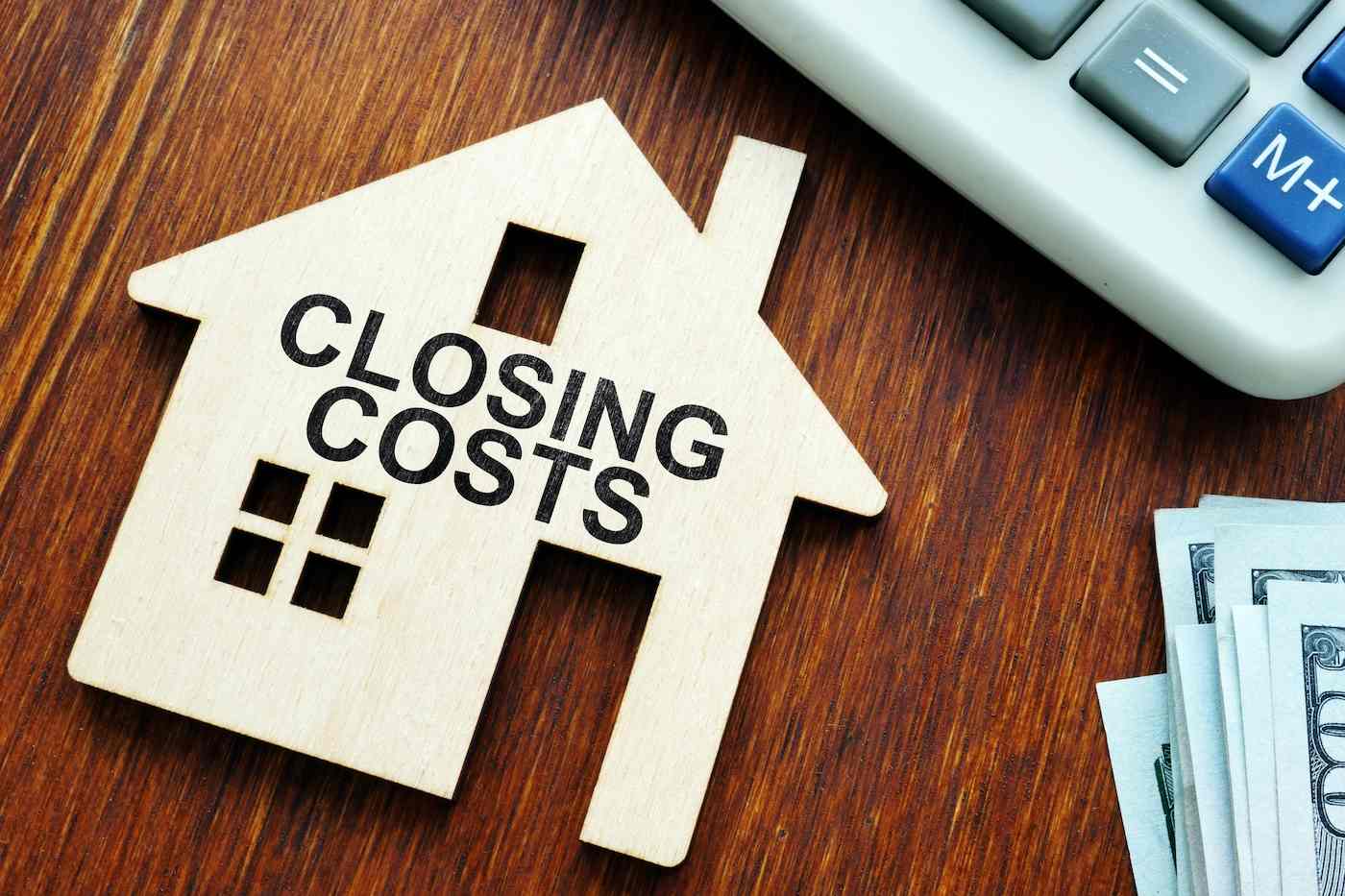What You Should Know About Closing Costs

While you’re squirrelling away a sizable down payment, don’t forget about the plethora of other costs that go along with home buying. Expenses over and above the cost of the mortgage are commonly referred to as closing costs. These can sneak up on an unprepared homeowner and cause serious financial stress. This week, we are going to give you the rundown on what these costs are and how to prepare for them so that you, and your budget, don’t get taken by surprise.
What is Included in “Closing Costs”?
The term “closing costs” consists of a hodgepodge of expenses. Because of this, not every item on this list will apply to every situation, but it is important to have a general idea of where these financial demands may pop up from:
- Land Transfer & Mortgage Registration. Alberta is one of the only provinces, alongside Saskatchewan, that does not require a land transfer tax. That being said, there are registration fees that must be paid. These are typically $50 plus $1.50-2 per $5,000 of property value each.
- Appraisal Fee. These fees work to protect the lender by ensuring the price you paid on the home aligns with its market value. Depending on the lender, you may not have to fork out this fee, but make sure you double-check. It could run you around $300 to $400.
- Property Tax. Taxes do fluctuate from year to year and you will be charged for these annually.
- Legal Fees. When it comes to large purchases like real estate, working with a lawyer is non-negotiable. Inevitably this means you’ll have to pay their fees which typically land in the hundreds.
- Inspection Fees. Unlike legal fees, an inspection is not mandatory, though we do highly recommend it. Without one, you could find out too late that your new home has structural issues or is prone to floods. Shop around for quotes and tuck away around $500 to pay for it.
- Miscellaneous Costs. As properties differ, so too will their closing cost requirements. For example, rural properties may require well water testing or cross-provincial moves may require professional movers. Speak with your whole team of professionals, from your realtor to your broker, your lawyer to your lender, and ask about what closing costs your situation may incur.
How Much Should You Budget?
From the list above, it’s evident that you’ll need to have a dedicated budget to cover your closing costs. Some mortgage professionals even recommend saving up for this portion of your expenditures in the same way you would for your down payment. Typically, you’ll want to set aside 3-4% of the purchase price on your dream home. If you’ve saved up a bigger down payment than you need, consider using a fraction of that to use towards closing costs.
Closing costs can seem daunting amidst all the financial requirements you already have to contend with, but don’t let that deter you from reaching your homeownership goals! By being prepared and maintaining an open line of communication with your mortgage team, you can alleviate much of the stress that can sometimes come with purchasing a new home. For expert mortgage brokers in the Calgary area, reach out to our team at Source Mortgage today!

